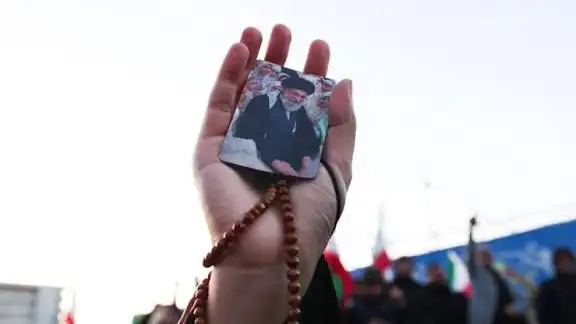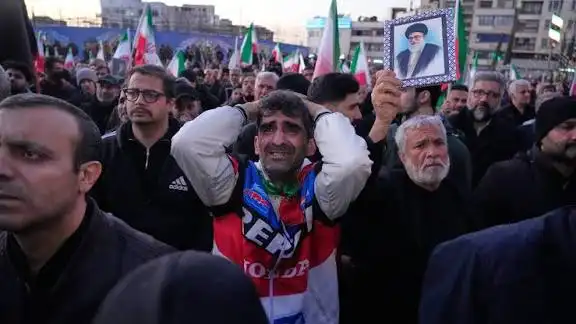Bode George, a former Deputy National Chairman of the Peoples Democratic Party (PDP), has dismissed concerns over the recent defection of key Delta State politicians to the ruling All Progressives Congress (APC), asserting that it poses no significant threat to the PDP’s prospects in the 2027 general elections. George shared these views during an interview on Channels Television’s Politics Today on Friday, April 25, 2025.
The mass defection, announced on Wednesday, saw Delta State Governor Sheriff Oborevwori, his deputy Monday Onyeme, former Governor Ifeanyi Okowa (the PDP’s 2023 vice-presidential candidate), and several commissioners and political stakeholders switch to the APC. Reports also suggest that former Governor James Ibori and other political heavyweights may be among the defectors, though George remained unfazed by the scale of the exodus.
George described the defections as a recurring feature of Nigeria’s political landscape with little long-term impact on the PDP. “Nothing. Nothing. The fact that these guys moved en masse… the people of Delta are waiting. Because what impact has the APC, as a government, given to the people?” he said, pointing to widespread dissatisfaction with the APC’s governance. He argued that Delta’s residents, historically aligned with the PDP, remember the “positive impact” of PDP-led governments and are unlikely to shift their loyalty.
The 79-year-old PDP Board of Trustees member emphasized that defectors are motivated by “personal embellishment” rather than ideological commitment. He suggested that their integration into the APC would face resistance from existing members with their own ambitions for governorship, National Assembly, and local government positions. “Those already in APC, do you think they’ll fold their arms and say ‘welcome’? You can’t just waltz in and take over,” George remarked, highlighting the competitive dynamics within the APC.
When pressed on the significance of losing high-profile figures like Okowa, George recalled past defections during PDP national conventions, noting that many who left later returned. “Is it new in the land? You’ve forgotten the time when heavyweights left… they’re heading into an organisation that is so personally owned,” he said, suggesting the APC’s structure may not accommodate the defectors’ ambitions long-term.
George also addressed speculations that endorsements of President Bola Tinubu by some PDP governors signal a breaking point for the party. He dismissed this as a “transitional” phase, asserting that such movements are typical in Nigerian politics and do not spell the PDP’s collapse. He expressed confidence that the PDP’s strong base in Delta, coupled with public frustration over economic challenges under the APC, would sustain the party’s relevance.
The defection has sparked varied reactions. While APC leaders, including National Chairman Abdullahi Ganduje, celebrated the move as a boost for Tinubu’s 2027 re-election bid, PDP acting National Chairman Umar Damagum called it “sad and unfortunate,” though he remained optimistic about the party’s future. Veteran journalist Dele Momodu described the defections as a “game of survival” driven by fear of anti-graft agencies rather than ideological alignment.
As the 2027 elections approach, George’s remarks reflect a belief that the PDP can weather this storm, banking on Delta’s historical loyalty and the APC’s governance challenges to retain its influence.












I disagree with Bode George, defections are a big deal! It shows instability within the party. 2027 might not look good.
Is Bode George underestimating the impact of defections? Or is he playing it cool for 2027? 🤔 #PoliticalStrategy
I think Bode George underestimates the impact of defections on Delta PDP. Its not just a minor setback for 2027.
I dont buy Bode Georges claim that the Delta PDP defections are just a minor setback. It feels like hes not seeing the bigger picture here.
Honestly, I think Bode George is underestimating the impact of those defections. It could be a bigger deal than he realizes.
I think Bode George needs to wake up and smell the coffee! Defections are a big deal, not a minor setback. #2027ElectionDrama
I disagree with Bode George. Defections are a big deal! They can shape the future of a political party. #2027Elections #StayWoke
I disagree with Bode Georges dismissal of Delta PDP defections. Every loss matters in politics – its not just a minor setback.
Honestly, I think Bode George is underestimating the impact of the defections. It could have more consequences than he realizes.